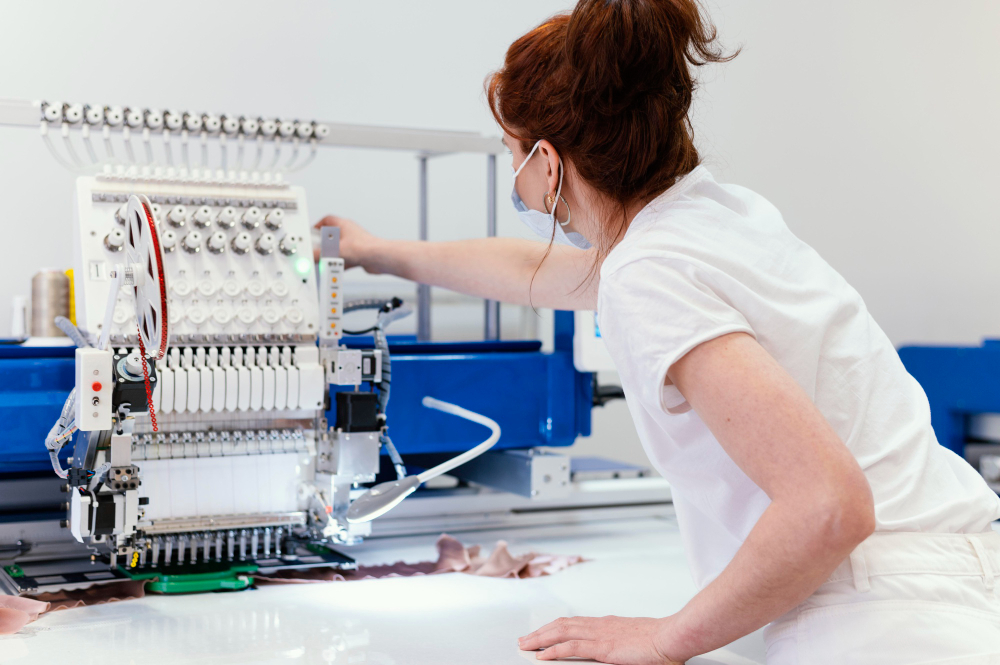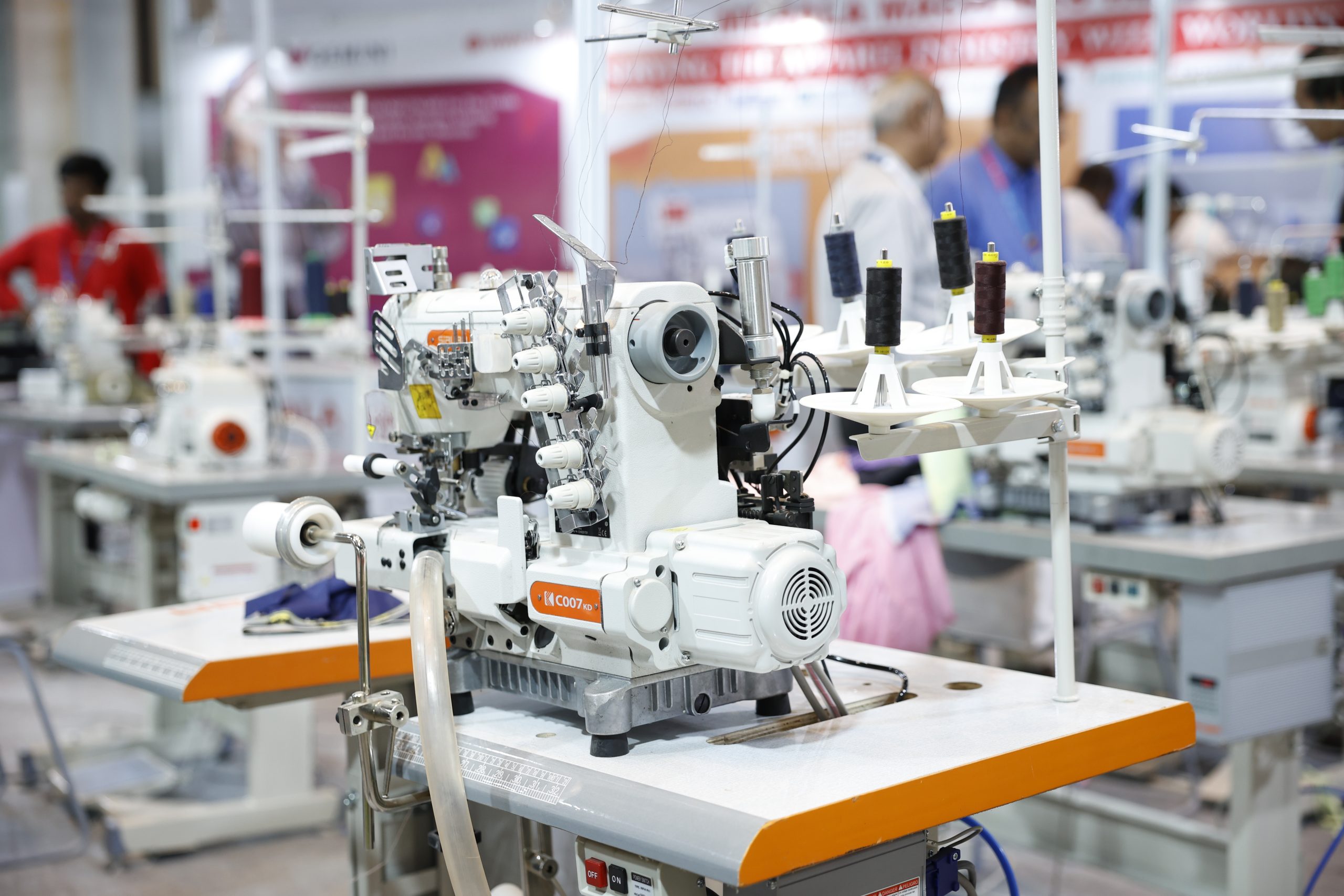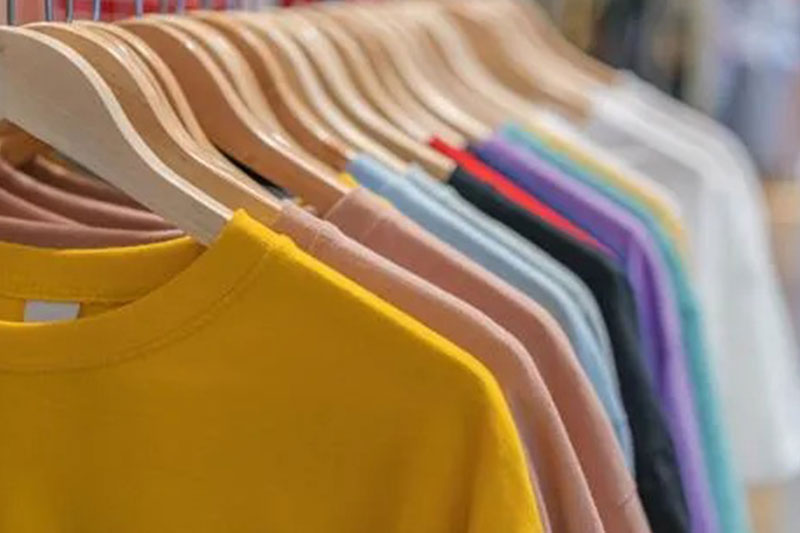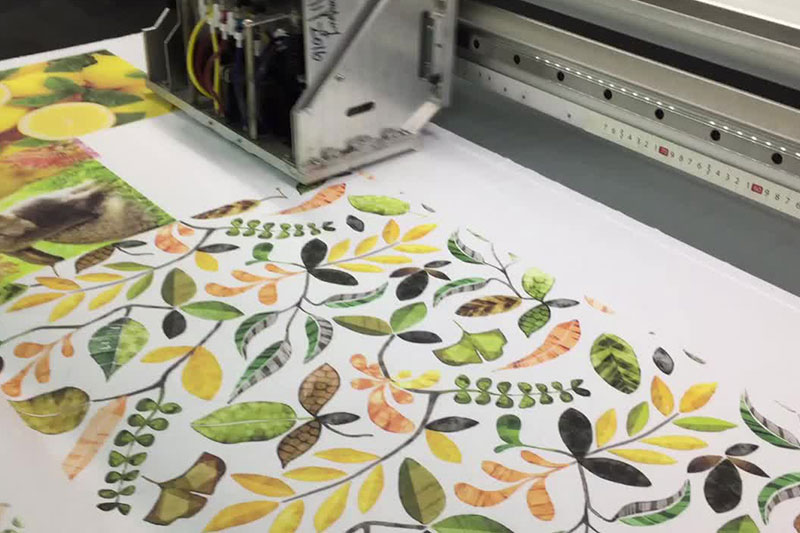Knitting Zone- Highlighting knitting machinery to targeted buyers

Knitting machinery has come a long way since its humble beginnings. From hand-operated knitting machines to sophisticated computerized systems, the evolution of knitting technology has been remarkable. Today, knitting machinery plays a crucial role in mass production, enabling the creation of intricate designs and high-quality fabrics with unmatched precision.
Knitting is a method of creating fabric by interlocking loops of yarn using knitting needles or a knitting machine. Unlike weaving, which involves the perpendicular interlacing of yarn, knitting forms a series of connected loops that create a stretchy and flexible textile.
The type of cloth produced through knitting can vary depending on the technique used and the type of yarn employed. Common types of knitted fabrics include Raschel, Tricot, Milanese knit, Jersey, Interlock, Rib, Purl and many more
When it comes to knitting machinery there are various types of machines, in hundreds of models offering numerous qualities.

Knitting Machinery & Allied Industries
The knitting industry encompasses a broad spectrum of sectors within the garment manufacturing industry. There are various types of knitting machinery available, each designed for specific purposes and applications:
Circular Knitting Machines: Ideal for producing seamless tubular fabrics, such as socks, hats, and sleeves.
Flat Knitting Machines: Used for creating flat panels of fabric, suitable for garments like sweaters, scarves, and blankets.
Warp Knitting Machines: Employed for producing lace fabrics, tricot, and other complex knitted structures.
Jacquard Knitting Machines: Enable the creation of intricate patterns and designs, including logos, motifs, and textures.
Allied industries catering knitting manufacturing –
Lubricants & Oils: Lubricants and oils play a crucial role in maintaining the performance and longevity of knitting machinery.
Spare Parts: Spare parts are essential for keeping knitting machinery in optimal working condition. From needles and cams to electronic components and sensors, having a reliable source of spare parts is vital for minimizing downtime and maximizing productivity.
Yarns: Whether it’s natural fibers like wool and cotton or synthetic materials, choosing the right yarn is critical for achieving the desired texture, strength, and appearance.
India’s Thriving Knitting Industry
The Indian knitting market has been experiencing steady growth in recent years, driven by factors such as rising demand for knitted garments, technological advancements in knitting machinery, and increasing investments in the textile sector.
The domestic apparel & textile industry in India contributes approx. 2.3 % to the country’s GDP, 13% to industrial production and 12% to exports. India has a 4% share of the global trade in textiles and apparel.
According to reports, the Indian knitwear market is estimated at a staggering ₹68,932 crore (approx. $9.1 billion USD) and is projected to grow at a promising rate of 9% to reach ₹1,61,700 crore (approx. $21.5 billion USD) by 2027.
Knitting mills in India, particularly in regions like Tirupur, Ludhiana, Delhi, Bangalore, and Mumbai, are known for their quality and fine techniques, making India one of the largest textile exporting countries in the world. With regions like Ludhiana & Tirupur being knitting manufacturing hubs of India, contributes significantly to India’s overall textile production.
Tirupur alone contributes over 90% of India’s total knitwear exports, making India one of the largest textile exporting countries in the world.
55% of India’s $60,950 crore worth of knitwear exports come from Tirupur. The main items of knitwear exports are men’s T-shirts, ladies tops with embroidery and sequins, sportswear, jogging suits, night suits, and boxer sets.

Advancements in Technology
Recent advancements in knitting machinery have revolutionized the industry, making production faster, more efficient, and environmentally friendly. Computerized knitting machines equipped with advanced software allow designers to create complex patterns with ease, while automated processes streamline production and minimize waste. With brands experimenting with new technologies and integrating traditional methods for more efficacy, each brand’s model offers unique qualities.
Gartex Texprocess India is bringing latest technologies and innovations in knitting machinery at the specially curated ‘Knitting Zone’.
Gartex Texprocess India has been at the forefront of fostering growth and innovation in the garment machinery and textile manufacturing, working closely with industry associations and stakeholders to bring cutting-edge technologies to the forefront. We recognize the importance of collaboration and partnership in driving progress within the knitting industry. By working closely with industry associations, the trade show facilitates knowledge exchange, networking opportunities, and collaborative initiatives aimed at addressing common challenges and driving collective growth. Through these partnerships, Gartex Texprocess India fosters a supportive ecosystem that empowers knitting professionals to thrive and succeed in today’s competitive landscape.
‘Knitting Zone’ is a dedicated platform within the exhibition that showcases the latest technologies and innovations in knitting machinery & allied industries. This curated space serves as a hub for industry players to discover cutting-edge solutions, explore emerging trends, and engage with leading manufacturers and suppliers.
For brands who are manufacturing knitting machinery or supporting products like oils, lubricants, spare parts and more, it is the perfect platform to showcase their innovations to a targeted audience and shine their brand throughout the industry. Join us from 1-3 August 2024 at YashoBhoomi (IICC), Dwarka, Delhi.
More News
How to Start a Garment Manufacturing Business in India?
India’s textile and garment industry has always been a major contributor to the country’s economy, offering vast opportunities for entrepreneurs. With the…View More
How to Reduce Textile Waste in Garment Production?
Textile waste has become a growing concern in the garment industry, with significant environmental and economic impacts. As businesses and consumers become…View More
The Digital Transformation of Textile Production
The shift from traditional textile printing to digital fabric printing has unlocked a world of new possibilities for producers and designers alike.…View More
Recap of India’s Garment Industry in 2024: A Year of Growth and Transformation
As 2025 begins, India’s garment industry has experienced significant growth, overcoming challenges and embracing new opportunities in 2024. From technological advancements to…View More
Sustainable Textiles: Redefining the Future of Industry
The garment and textile industries are undergoing a major transformation. Long criticized for their environmental toll—ranging from excessive water use to reliance…View More
Download
Register Now
Recent Posts
Show Countdown
DELHI
Bharat Mandapam (Pragati Maidan), New Delhi, India
- days
- Hours
- Minutes
- Seconds
MUMBAI
Jio World Convention Centre, Bandra Kurla Complex, Mumbai






